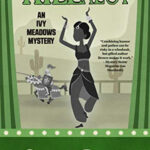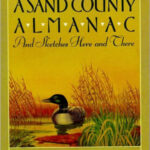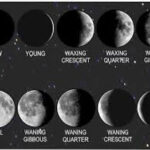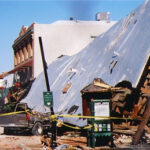I was disappointed when my eye surgeon wanted to do only one eye at a time. I wasn’t looking forward to 6
Blog
Updated: Jul 3, 2019 by Rae Richen Ron Miner has done a great favor for readers interested in the Second World War or
Updated: Jul 3, 2019 by Rae Richen Mystery writer Cindy Brown brings refreshing humor to writing. Ivy Meadows, naive but observant detective, wades
Updated: Sep 5, 2019 A Sand County Almanac, by Aldo Leopold Published 1949, Oxford University Press There is no pleasure so engrossing and
Updated: Nov 3, 2021 My Life in Court By Louis Nizer Pyramid Books, of Doubleday, New York, New York 1961, republished in many
When kids ask about the moon, here’s what we can tell them… by Rae Richen Many years ago, on a warm summer
Updated: Jul 1, 2020 As a long-time landscape designer and lifetime gardener, I don’t mind staying at home. I do go for walks
May 11, 2015 Remember that fantastic water pump I told you about? The one that goes with our barrels of drinking water?
Updated: Oct 2, 2019 for the Big One Originally published June 6, 2014; republished September 1, 2019. My friend, Ruth Jones, has tried








